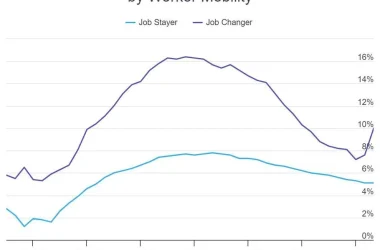Daniel Tyson
The Register-Herald
MONTGOMERY, W.Va.— February’s derailment of a CSX oil tankers at Mt. Carbon was caused by broken rail, according to a report just released by the Federal Railroad Administration.
Acting Administrator Sarah Feinberg released the accident report Friday morning, accompanied by Sen. Joe Manchin, D-W.Va.
Feinberg said the broken rail, resulting from a vertical split head rail defect, was missed during two monthly inspections by CSX and its contractor, Speery Rail Service, during two separate inspections.
Twenty-seven oil tankers from the 109-car train derailed Feb. 16. Several of the tankers exploded, creating a huge fireball, forcing evacuations of residents.
Feinberg said the derailment “was preventable,” and that CSX and its contractors will be fined $25,000 each for failure to verify a potential defect.
According to a press release from the FRS. the vertical split head broken rail was missed in at least two separate rail inspections in December 2014 and January 2015. Data from both inspections show evidence of the defect, but neither CSX nor Sperry discovered the defect which led to the broken rail.
The broken rail was also near the location of a previous broken rail discovered by an FRA inspector and repaired in May 2014, according to the release.
Early in its investigation the Railroad Administration had ruled out speed as a factor in the accident.
The train originated in the Bakken oilfields of North Dakota and was headed to a refinery in Yorktown, Va.
According to the accident report, a total of 27 tank cars, two of which were punctured, releasing crude oil which ignited, and caught fire. The fire spread quickly, resulting in a pool fire that eventually led to thermal tears in 13 additional derailed tank cars.
Ultimately, 24 of the 27 derailed tank cars sustained significant damage in the incident and resulting fire.
The fire injured one person (smoke inhalation), destroyed one home and one garage.
CSXT eventually determined the train released 378,000 gallons of crude oil during the incident — much of it lost to atmospheric burn, pool fires and ground absorption.
In early September about 300 residents sued CSX and its subsidiary CSX Transportation for neglect. Among other claims in the lawsuit, it states railroad ties were rotted and decayed.



